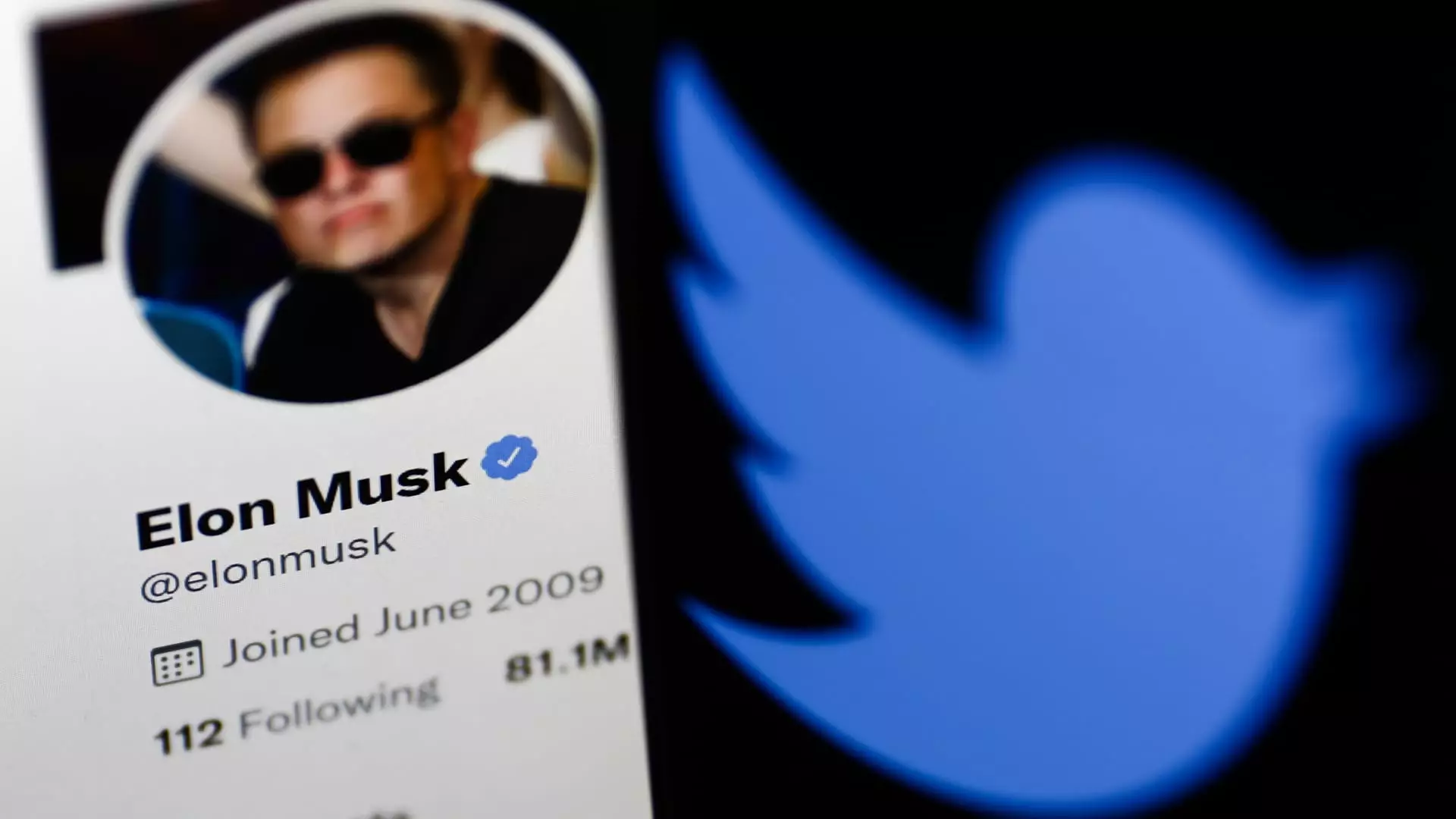The recent decision by a federal judge to allow a class-action lawsuit against Elon Musk and his family office, Excession, to proceed conjures up numerous questions regarding the ethical and legal responsibilities of billionaires. The lawsuit, particularly spearheaded by ex-Twitter shareholders, underscores a potentially dangerous trend where the influential can operate under lesser scrutiny than the average investor, effectively distorting market behavior in their favor. It reveals how wealth and power can create fertile ground for ethical ambiguities and problematic leadership, particularly in the tech industry.
Musk’s case centers around accusations that his delayed disclosure while acquiring significant shares in Twitter led to “artificially deflated prices,” meaning regular investors sold under false pretenses. To dissect the ramifications of this development, one must consider not only the legality but also the moral implications of Musk’s actions.
Disclosure: The Market’s Lifeblood
In finance, market integrity relies heavily on transparency. The Securities and Exchange Commission (SEC) mandates disclosure requirements to ensure that all investors operate from the same knowledge base. By failing to disclose his stock purchases in a timely manner, Musk not only deprived investors of crucial information but also misled them, creating a scenario where they were forced to make financial decisions based on incomplete data. Judge Andrew L. Carter’s assertion that Musk’s tweet mischaracterized his interest in Twitter strengthens claims of negligence, suggesting the tech mogul knowingly created a misleading public perception.
Musk’s conduct raises alarm bells and suggest he views the rules governing ordinary investors as optional—an attitude that amplifies the chasm between the wealthy elite and average participants in the stock market. This could potentially incite greater skepticism toward the market, driving ordinary investors away from stocks, particularly tech stocks with already inflated valuations. Such distrust erodes the fundamental ethos of free markets and broad-based economic activity, critical components for a prosperous economy.
Incentives for Misconduct
The situation brings to the forefront a chilling truth: there’s a built-in incentive for titans like Musk to engage in less-than-transparent behavior. If major financial players feel that the penalties for misconduct are paltry compared to the gains facilitated by their deceptive strategies, the allure of crossing the ethical line grows stronger. The case of Musk is not a standalone issue; it’s a reflection of broader systemic challenges in corporate governance where fluctuating ethical norms can cause significant harm.
Compounding this issue is the fact that a $44 billion leveraged buyout, like the one Musk undertook with Twitter, doesn’t just impact shareholders. It influences employees, advertisers, and even the general public’s engagement with social media. When key figures manipulate information for their gain, it practically echoes through the entire ecosystem. The implications go beyond individual losses; they’re a call to examine and reform the structures that allow such behavior to proliferate.
The Bigger Picture: Tech and Accountability
As society marches further into a technology-driven future, the question of accountability hangs heavily in the air. Musk’s entrepreneurial bravado has been celebrated as a harbinger of innovation and progress; yet, the same audacity can mask a reckless disregard for fiduciary responsibility. Shouldn’t those behind the curtain, particularly someone of Musk’s influencer status, be held to the highest standard?
Critically, this debate isn’t merely relegated to Musk—it’s a signal flare urging for industry-wide introspection. We need robust frameworks for accountability, transparency, and ethical behavior at the upper echelons of tech companies. The failure to create a culture where honesty is rewarded and deception is punished poses a systemic risk to economic stability and bolsters the perception that regulations exist merely as guidelines rather than enforceable rules.
In light of these factors, spectators of the Musk lawsuit should remain vigilant. As the case unfolds, it promises to offer deeper insights not just into Musk’s actions, but into the very fabric of market ethics, the responsibilities of the tech magnates, and ultimately the health of our economic future. In our current landscape, where one individual can wield as much influence as a corporation, principles of fairness and accountability become paramount. The stakes have never been higher.

